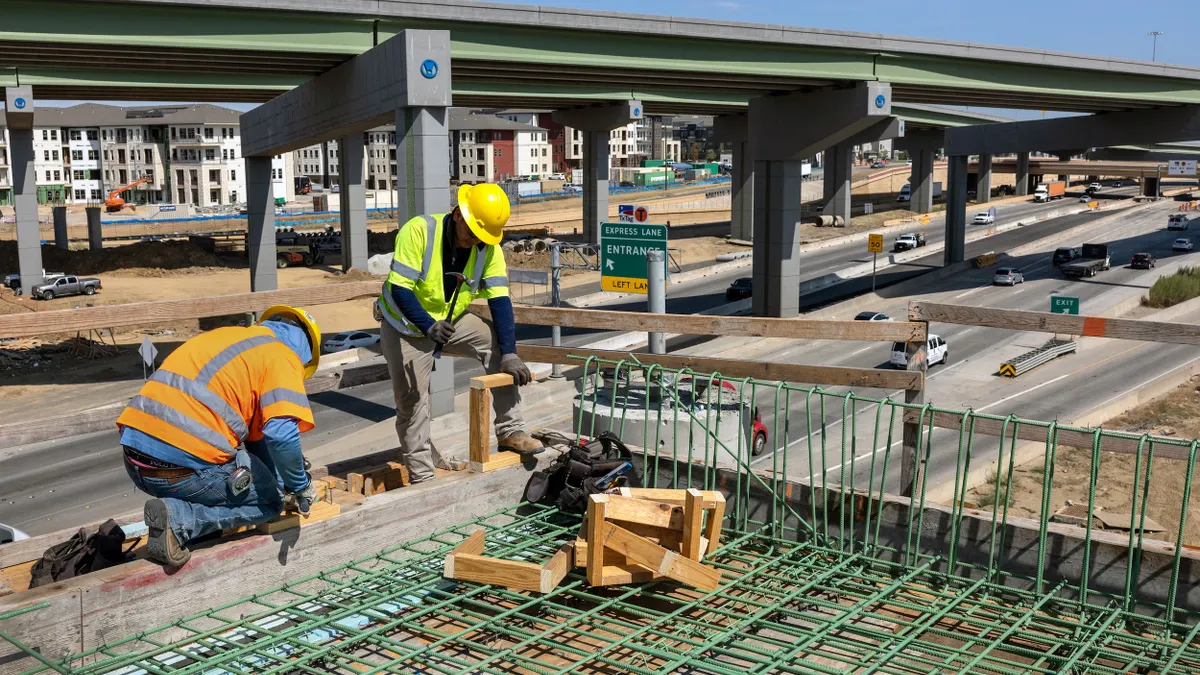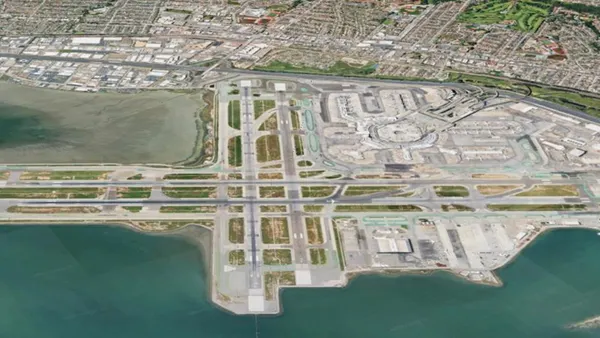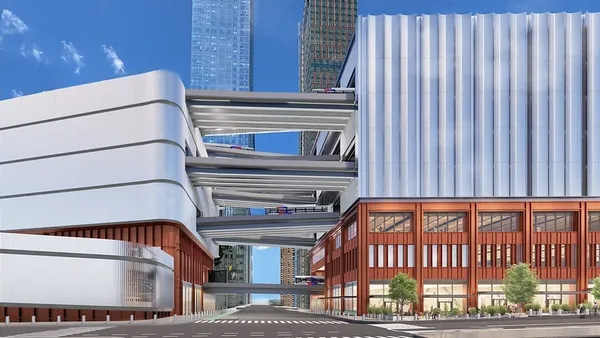Dive Brief:
-
On Thursday, Republican presidential candidate Donald Trump's campaign announced a $1 trillion, major-project infrastructure plan that Trump will implement if elected, Yahoo Finance reported.
-
The campaign said the 10-year program would be primarily privately funded — making a tax hike unnecessary — with tax credits going to investors willing to put up an equity stake in revenue-generating projects like toll roads, airports and utilities. Officials said the cost of the tax credit would be offset by employee and company taxes generated by the volume of work.
- Architects of the plan, Trump economic advisors Peter Navarro and Wilbur Ross, said now is the time for such an initiative because the current low interest rates will limit the borrowing costs private investors will incur to finance the lion's share of the projects. The plan allows the government to control such items as user fees and tolls and gives it oversight of the quality of maintenance.
Dive Insight:
This plan could take some pressure off states and the federal government, leaving more funding for highway, road and other projects that don't have a revenue component. Trump's initiative should also win points from an industry that will benefit from the massive increase in construction. Both Trump and Democratic presidential candidate Hillary Clinton have made infrastructure a talking point, but Trump has provided the most details so far. Clinton has proposed a $275 billion taxpayer-funded infrastructure spend, boosted by $225 billion in private money.
The American Society of Civil Engineers puts the price tag of national infrastructure needs, through 2020, at $3.6 trillion, with $2 trillion worth of that unfunded by government at the federal, state and local levels, according to Yahoo. This is in line with a previous ASCE repot that warns of an imminent $1.44 trillion infrastructure funding shortfall, growing to $5.18 trillion by 2040.
Since it's not a fee- or toll-based project, there's no mention of the infamous wall Trump has promised to build along the U.S.–Mexico border. Regardless, he has estimated that project would cost from $8 billion to $12 billion. Writing for the MIT Technology Review, New America Foundation Fellow Konstantin Kakaes calculated that such a wall would actually cost around $40 billion.













